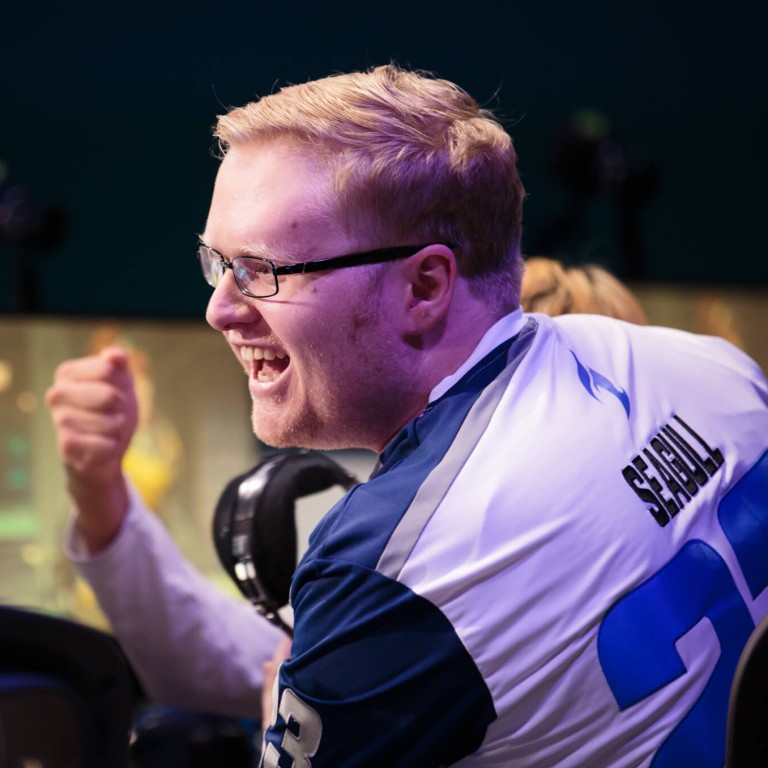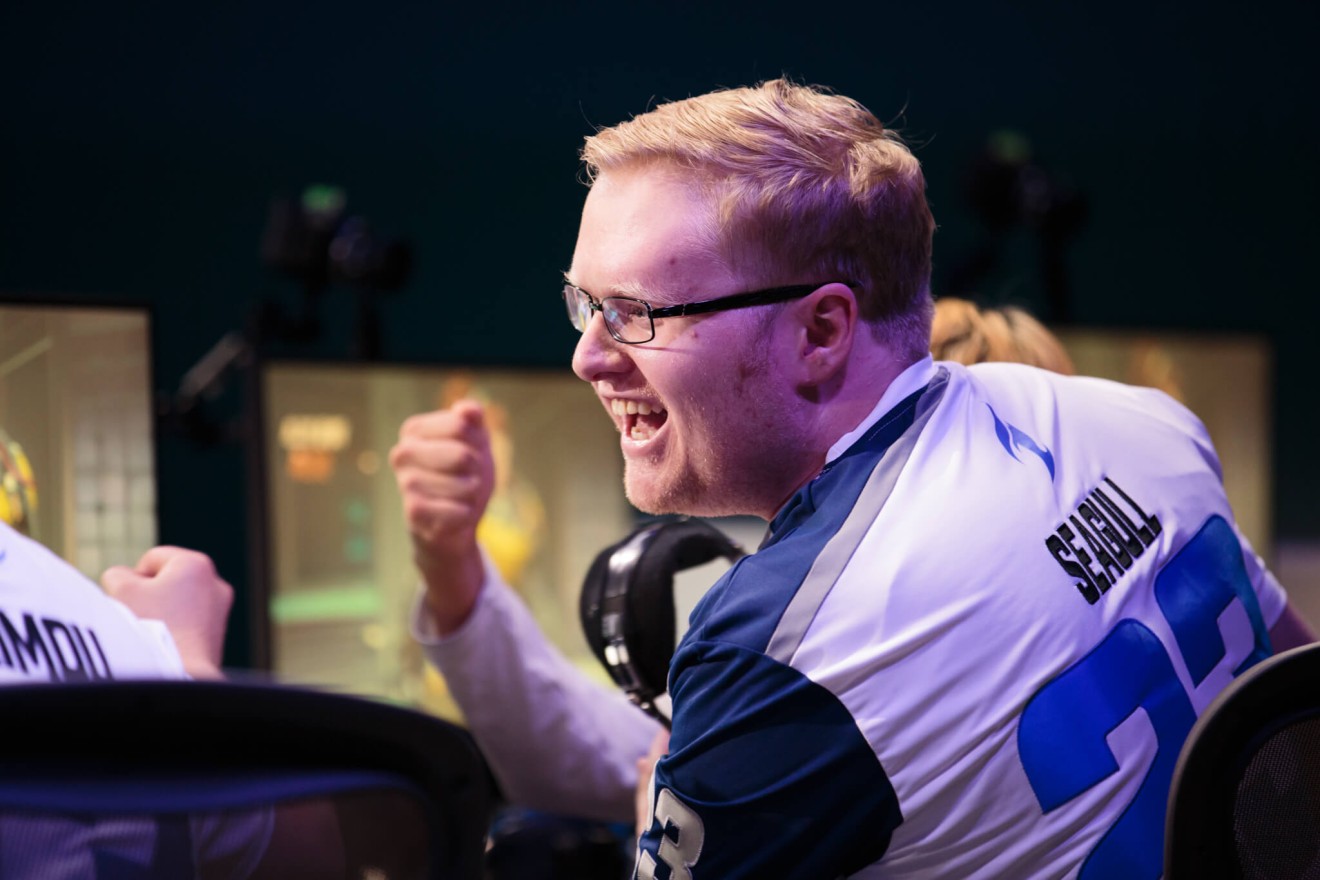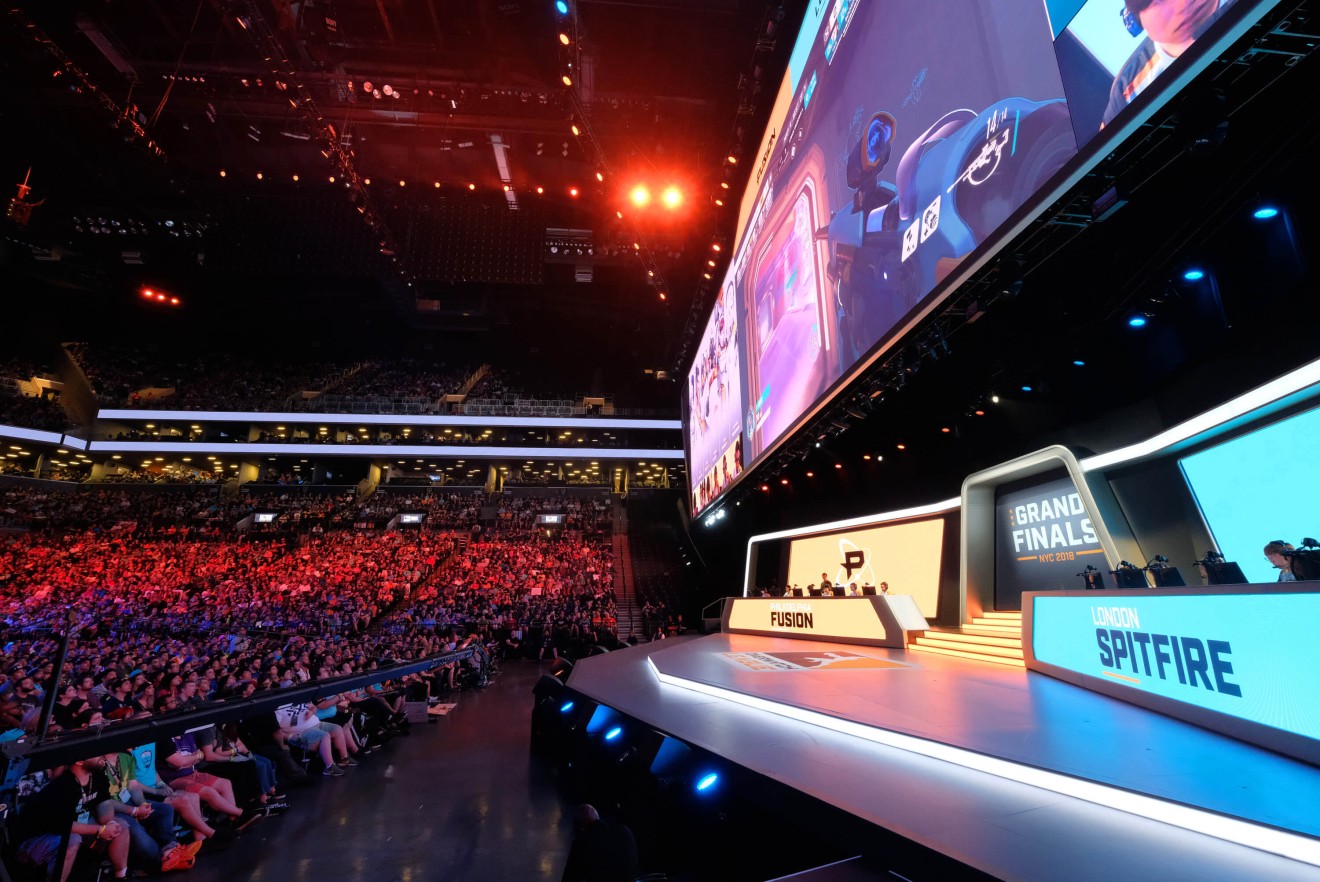
Seagull announces he’s quitting Overwatch League, going back to streaming
The popular player laid out the emotional and physical toll of being a pro-player, and why he feels like he owes it to his Twitch fans to go back to his streaming roots
On Tuesday, Dallas Fuel’s flex player Brandon “Seagull” Larned announced that he’s retiring from professional play and returning to full-time streaming instead.
His abrupt statement shocked quite a few fans. Especially since Seagull typed out the tweet in the middle of a Twitch stream.
“I’ve been pretty much a pro-gamer, or I guess trying to be a pro-gamer since I was like 10 years old,” Seagull said. “I went from basement-dwelling neckbeard, to pro-player within three months in Overwatch. I rode that popularity straight to the Overwatch League."
“That whole time though I had to sacrifice a lot of things, like a lot of my personal life, a lot of my mental and physical health. I put on 40 pounds, I developed sleep apnea, I could barely sleep. I just didn’t want to do that anymore. I kept lying to myself for two years. I would sit there, telling myself it was all worth it because I got to compete.”
It was clearly an emotional decision for him. Seagull went on to describe how he felt torn between his obligations to his teammates and his obligation to his streaming fans, the very people he said were the reason for his initial success.

Esports is a highly stressful environment. Besides the demands of competing at the highest level, players and teams often have thousands of followers on social media they have to appeal to. Many, like Seagull, also stream in between practice and tournaments.
But as with most internet comment sections, the criticism can be overwhelmingly harsh at times, wearing on a player’s state of mind.
Two of Seagull’s former Dallas Fuel teammates, Taimou and EFFECT, also took breaks during the season because of stress-related issues.
It’s not a problem limited to Overwatch. While many players across different games have praised the pro-scene for helping them connect with people and improve their lifestyles, others have quit the professional scene to better their mental or physical health.

Some esports organizations have performance coaches for their players -- staff who make sure players are mentally and physically healthy enough to play in the demanding environment of competitive gaming. Some teams even have trainers who help players with workouts.
Anxiety Gaming is another example of how teams are starting to pay attention to keeping players healthy. It’s a non-profit aimed at helping gamers deal with mental health. Anxiety Gaming consults with large esports organizations to help their pro-players with everything from addressing anxiety to helping them deal with harassment on social media.
Competitive gaming is more than just playing video games. It’s a high-pressure career. But hopefully Seagull will be able to enjoy his time in Overwatch again after going back to his roots as a full-time streamer.
For more insights into China tech, sign up for our tech newsletters, subscribe to our Inside China Tech podcast, and download the comprehensive 2019 China Internet Report. Also roam China Tech City, an award-winning interactive digital map at our sister site Abacus.

